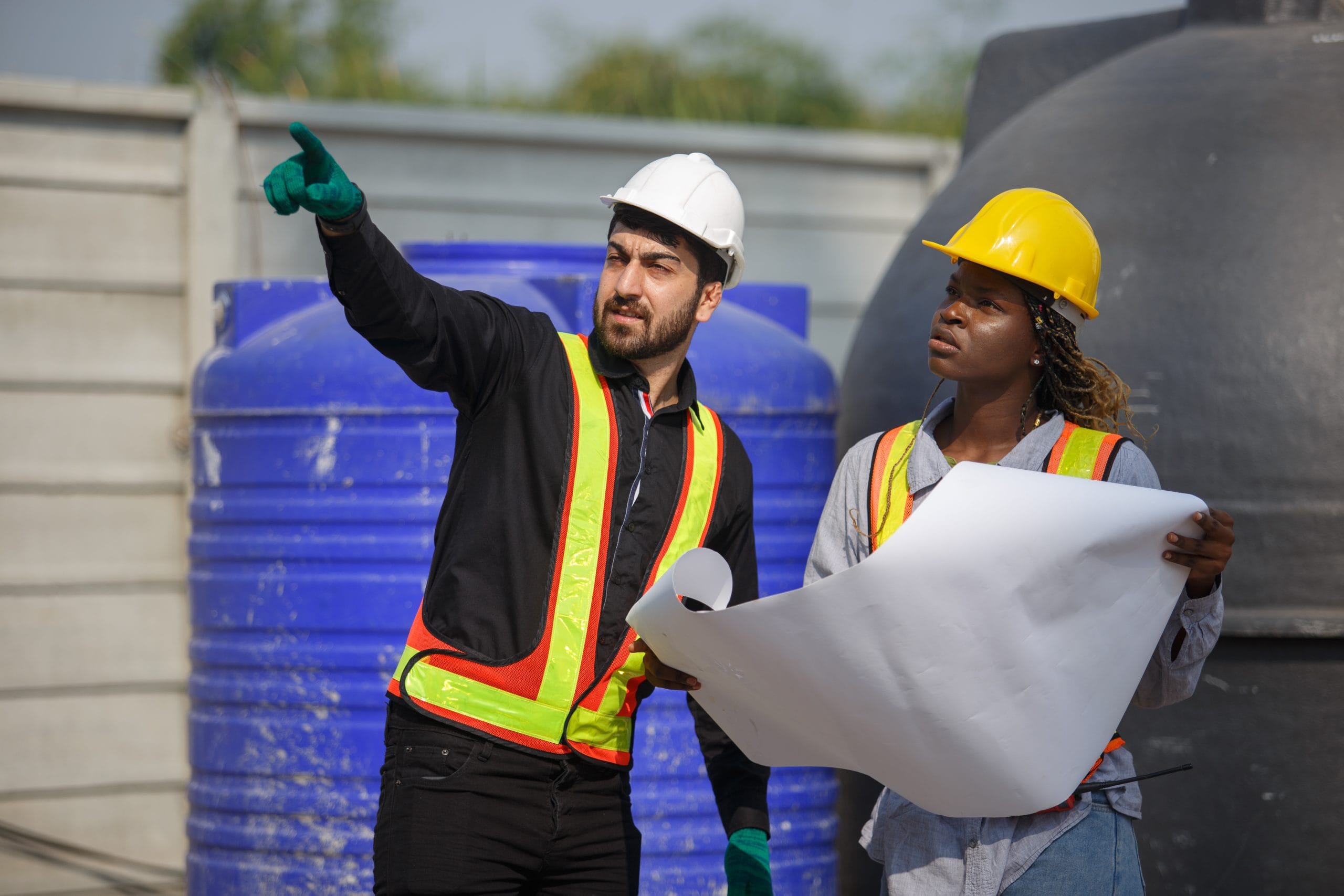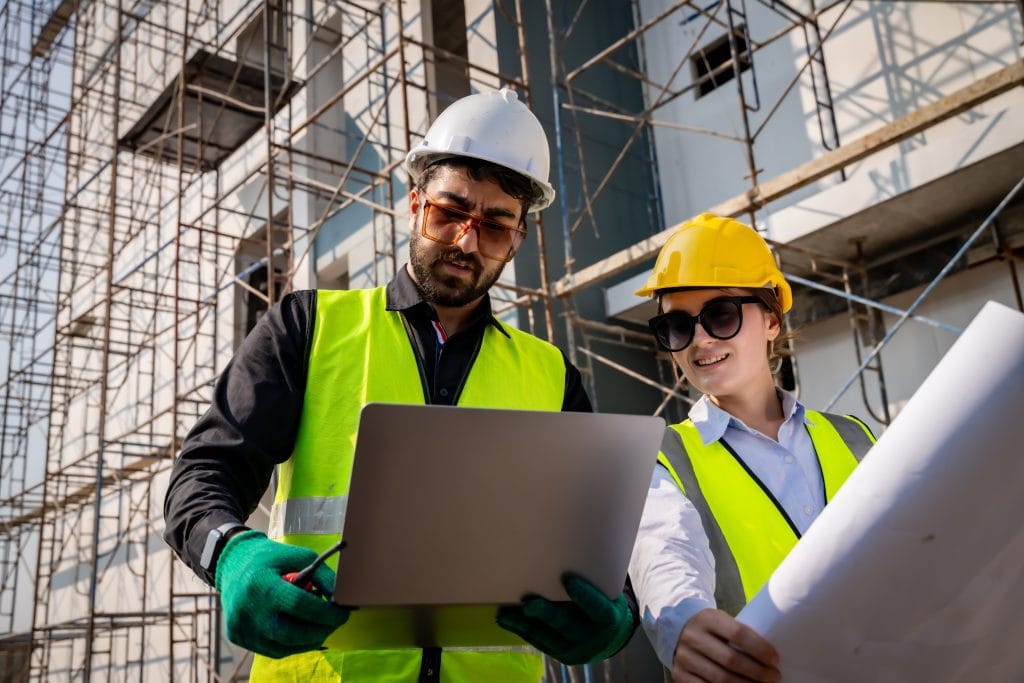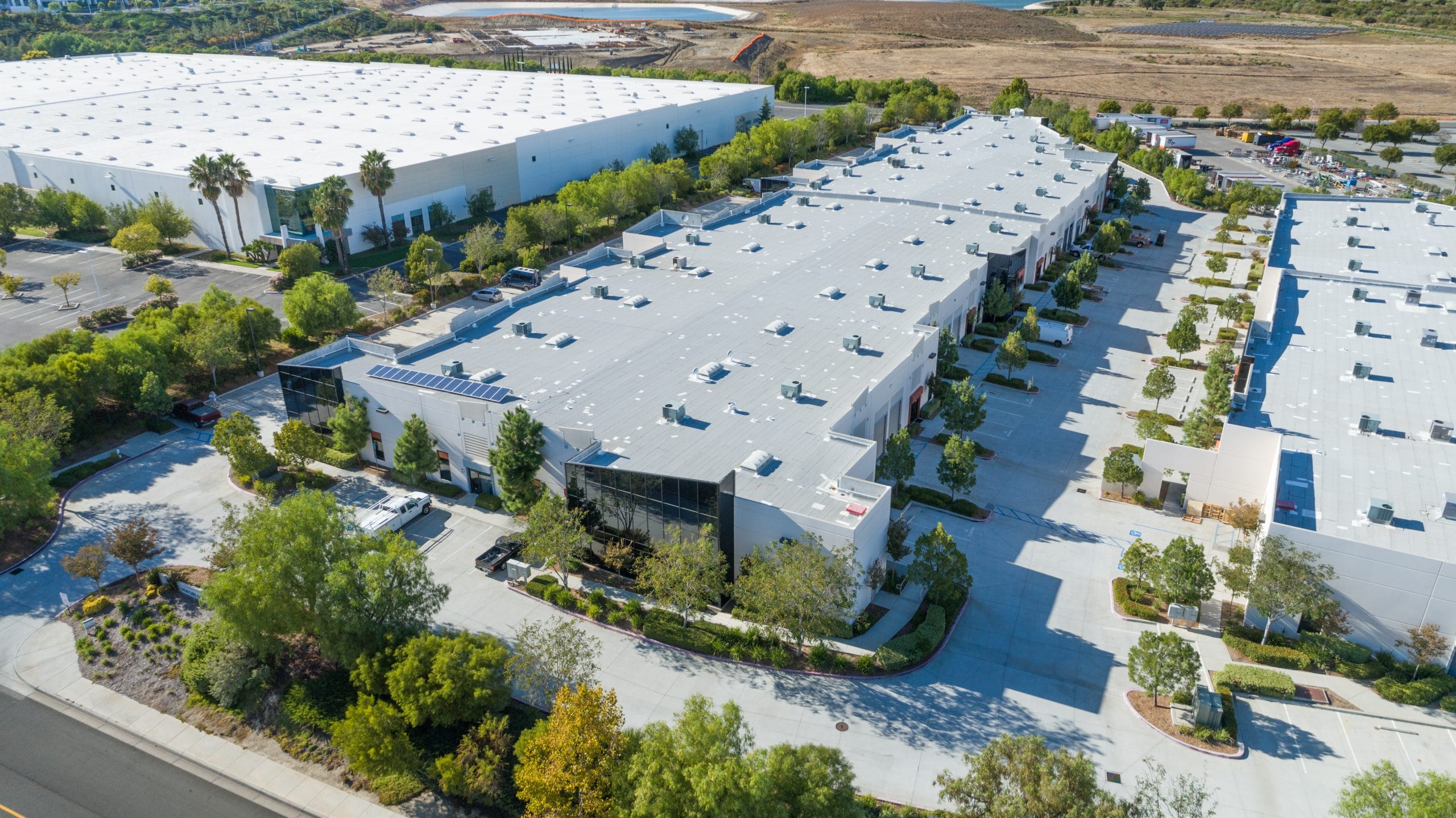


Startup Trends Emerging from the Construction Supply Chain

The Evolution of the Construction Supply Chain
The construction industry is undergoing a profound shift, driven by digital transformation and the increasing need for agility in sourcing, logistics, and delivery. The traditional construction supply chain, once defined by long lead times and fragmented coordination among contractors, suppliers, and manufacturers, is now being reshaped by startups leveraging technology to optimize every stage of the process.
The construction supply chain extends far beyond the physical movement of materials. It encompasses data sharing, procurement systems, and the integration of suppliers across global markets. The inefficiencies of the old model, marked by material shortages, delayed deliveries, and a lack of transparency, have opened a window of opportunity for new entrants. Startups are stepping into this gap, offering technology-driven solutions that reduce waste, lower costs, and increase accountability.
The pandemic accelerated the need for resilience in supply chains. With materials like lumber, steel, and concrete in fluctuating supply, companies realized the importance of predictive analytics and automation. The startups leading this shift are combining logistics management, software automation, and sustainability principles to build smarter, more efficient systems for one of the world’s largest industries.
Digitization and Data-Driven Procurement
Procurement has long been one of the least digitized functions within construction. Startups like Kojo and Constru are changing that by introducing real-time visibility and centralized purchasing tools that link suppliers, contractors, and project managers in one ecosystem. This evolution is not only saving time but also transforming how construction companies make purchasing decisions.
Through cloud-based platforms, contractors can now compare prices, analyze supplier performance, and manage order histories with far greater accuracy. Data analytics is enabling companies to predict demand before shortages occur. By tracking everything from inventory levels to lead times, startups are helping firms make smarter, more strategic procurement choices.
The result is a supply chain that functions with the precision of modern e-commerce systems. A contractor who once relied on manual quotes and email orders can now source materials through a platform that automatically selects the most cost-effective supplier while factoring in availability and transportation distance. This kind of transparency was almost unheard of a decade ago.
Automation and Robotics on the Rise
The integration of robotics and automation into the construction supply chain is one of the most visible signs of progress. Startups such as Dusty Robotics and Canvas are redefining labor productivity by using autonomous machines to handle layout tasks and repetitive work with precision.
While these companies are known for their on-site applications, their technology has downstream implications for the supply chain. When a robot can accurately predict and measure material needs, it reduces over-ordering and excess waste. Automated tracking systems further synchronize deliveries to match on-site progress, minimizing delays and rework.
Automation also extends to warehousing and logistics. Some startups are developing AI-driven dispatch systems that analyze weather conditions, fuel costs, and local regulations to optimize delivery routes. This level of precision allows construction companies to manage multiple sites without the constant headaches of transportation bottlenecks.
Sustainability and Circular Supply Models
Sustainability is no longer a side conversation. It is now central to how startups approach the construction supply chain. As investors and governments demand greener infrastructure, startups are developing new materials and models to meet these expectations.
For instance, CarbonCure Technologies has built a system that injects captured carbon dioxide into concrete during production, reducing its carbon footprint without compromising strength. Similarly, BlocPower is using data and technology to retrofit older buildings with efficient systems, indirectly reshaping how the supply chain supports sustainable projects.
Circular supply models are gaining traction, emphasizing reuse and recycling. Marketplaces for surplus materials are beginning to emerge, connecting contractors with excess inventory to other projects in need. This helps reduce waste and keeps valuable resources in circulation rather than sending them to landfills.
The push for sustainability also ties into regulatory compliance. As construction firms face stricter environmental standards, startups providing traceable, eco-friendly supply chains will continue to grow in relevance.
The Rise of Construction Marketplaces
Digital marketplaces are rapidly becoming the backbone of modern construction sourcing. Platforms like Material Bank provide centralized hubs where builders and suppliers can transact in real time.
These marketplaces operate much like e-commerce platforms, offering pricing transparency and competitive bidding. The difference lies in their specialization. They are built for the unique requirements of construction, such as bulk orders, delivery coordination, and compliance documentation.
Startups running these platforms are not just selling materials. They are creating ecosystems that integrate logistics, financing, and sustainability verification. By bringing together all elements of procurement, they are reducing the fragmentation that has long plagued the industry.
Moreover, the accessibility of digital marketplaces has opened the door for small and mid-sized contractors to compete with larger firms. This democratization of access has spurred innovation and competition, further accelerating change across the sector.

Predictive Analytics and Artificial Intelligence
Predictive analytics is transforming how construction companies manage supply chains. By analyzing historical data and market conditions, AI models can anticipate price changes, delivery delays, or potential shortages. This predictive capability allows businesses to adjust orders and schedules before problems arise.
Startups like Buildots use AI and computer vision to track project progress, automatically comparing it to supply timelines. When material usage patterns deviate from projections, managers receive alerts to investigate potential inefficiencies or delivery mismatches.
Artificial intelligence also assists in supplier evaluation. By continuously monitoring performance metrics, such as reliability and delivery speed, AI helps construction firms identify their strongest supply partners. The insights gained from this data are reshaping supplier relationships, replacing intuition with evidence-based decision-making.
As AI models grow more sophisticated, they will likely play a critical role in stabilizing pricing volatility. Startups are already working on algorithms that track global commodity prices and transportation costs to predict future market conditions. This kind of intelligence helps businesses lock in contracts at the right moment, reducing exposure to economic fluctuations.
Blockchain and Supply Chain Transparency
Transparency has always been a challenge in construction, where multiple subcontractors and suppliers operate across various regions. Blockchain technology is emerging as a solution to this long-standing issue.
Startups like Provenance and CircularTree are applying blockchain to create tamper-proof records of transactions and material origins. Each material shipment can be traced from manufacturer to job site, reducing fraud and providing verifiable authenticity.
Blockchain also strengthens accountability in compliance and payment processing. Smart contracts can automatically release payments once milestones are met and verified, cutting down on disputes and delays. In large-scale projects involving numerous suppliers, this transparency can save both time and money.
In a world increasingly focused on ethical sourcing, blockchain-based verification systems give construction companies a competitive edge. Clients and regulators can see verifiable proof that materials were sourced responsibly and that all transactions are properly recorded.
Logistics Innovation and Real-Time Tracking
One of the most significant pain points in construction is the coordination of logistics, the timing, location, and condition of materials as they move through the supply chain. Startups like Trackunit and Verusen are creating connected ecosystems where every delivery can be tracked in real time.
This visibility minimizes costly downtime caused by late or misplaced shipments. GPS-enabled logistics tools now allow managers to monitor delivery trucks and equipment as easily as tracking a package online. These systems also help companies anticipate delivery bottlenecks, reducing the risk of idle crews waiting for supplies.
Some startups are experimenting with drone-based delivery systems for remote or difficult-to-access construction sites. While still in early stages, this approach could significantly improve last-mile logistics for infrastructure projects in regions with limited road access.
Financing and Credit Solutions for Contractors
Financial constraints often delay projects, especially for small contractors. Startups such as Billd and Constrafor are providing new financing models that extend credit for materials purchases and subcontractor payments.
By aligning repayment terms with project milestones, these platforms help companies maintain cash flow without halting progress. They also integrate directly with procurement platforms, allowing contractors to manage purchases, payments, and financing from one interface.
These financial innovations are reducing the barriers that have traditionally limited small construction firms. As capital becomes more accessible through technology, more startups will enter the space, fueling growth and competition.
Key Takeaways
The construction supply chain is becoming a proving ground for innovation, with startups reshaping how materials are sourced, financed, and delivered. From AI-driven analytics to sustainable materials and blockchain transparency, these advances are setting new standards for efficiency and accountability.
What makes this transformation particularly compelling is how startups are addressing problems that have existed for decades. They are not just optimizing old systems, they are redefining them through technology, sustainability, and collaboration.
As the industry continues to adapt to global challenges such as climate change, labor shortages, and material volatility, the construction supply chain will remain at the center of opportunity. Entrepreneurs who recognize this shift are finding fertile ground to launch businesses that not only improve efficiency but also shape the future of how we build.





